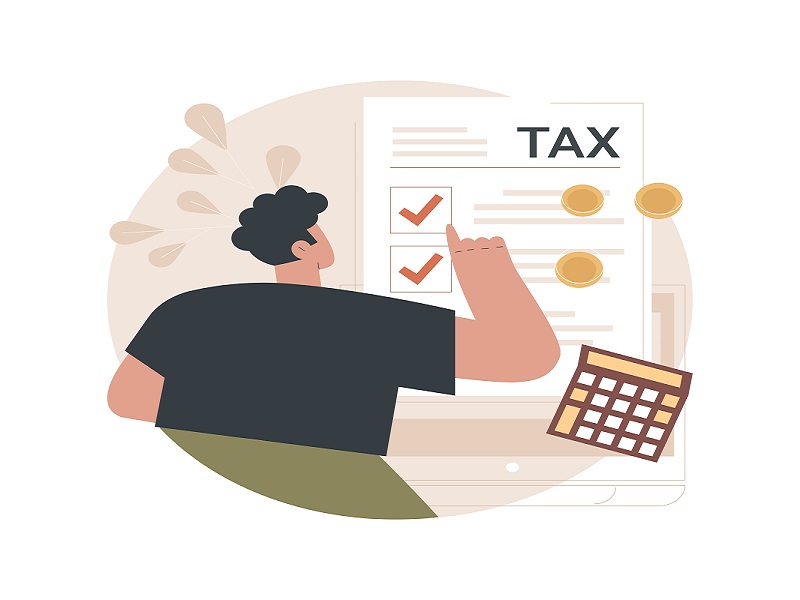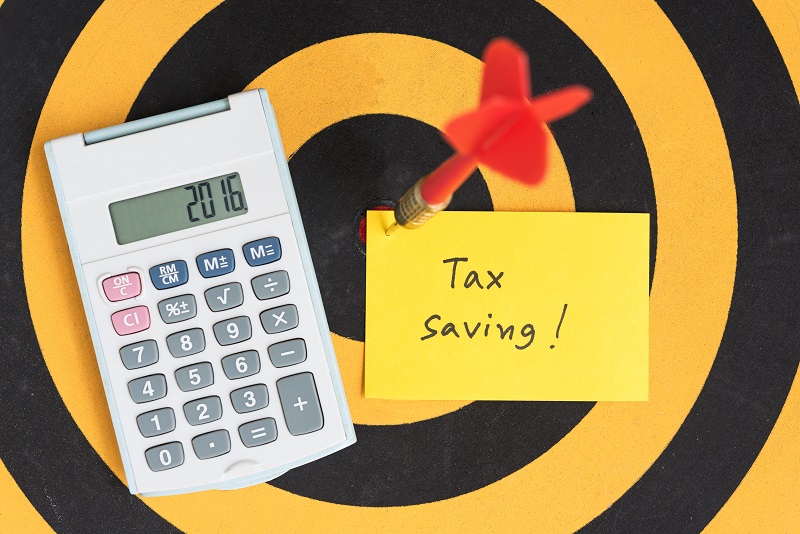The BuyT Desk
There are three kinds of tax benefit that a taxpayer gets- tax exemption, deduction and rebate. But more than often, people get confused with these three terms. Failure of understanding results in not using them correctly. Tax exemption gives you relief when you undertake certain expenditure. A tax deduction reduces your taxable income and rebate gives you benefit on the total tax payable. Let’s understand how it gets applied to the tax liability.
Tax Exemption
Income tax exemption means that you get a tax benefit on a specific source of income. You don’t get this on your total gross income but on certain expenditure that you incur. Tax exemption very specifically aims to lighten the burden of tax for a salaried employee. They form a part of the salary component. The tax exemption that a taxpayer get are-
-
Leave Travel Allowance (LTA)
-
House Rent Allowance (HRA)
-
Pension Income (Gratuity/ VRS/pension)
-
Leave encashment
-
Perquisites from a company such as a laptop or mobile allowance
Tax Deduction
As the name suggests, this is a reduction from the taxpayer’s gross income. A deduction is allowed on certain expenditure like transportation, tuition fee, medical expenses and specific investments like the premium of an insurance policy. The following deduction can be claimed –
-
Standard Deduction: All the category can avail a 50,000 standard deduction of taxpayers. This deduction helps in reducing the gross income by Rs 50,000. If a taxpayer’s annual income is Rs 7.5 lakh, his gross income reduces to Rs 7 lakh once the standard deduction is applied.
-
Section 80C- A deduction of up to Rs 1.5 lakh is allowed for specific investment like insurance premium, PPF, tuition fee, PF contribution
-
Section 80E- Interest repayment for an Education Loan- there is no maximum upper limit cap on the interest amount.
-
Section 80TTA- A deduction of maximum Rs 10,000 against interest income earned from your savings account with a bank, co-operative society, or post office.
-
Section 80D– Medical Insurance premium
-
Section 80G- Donation
If you have made any of the expenditure mentioned above/ investment, your taxable income will reduce according to contribution.
Tax Rebate
Income tax exemptions and deductions are allowed to be claimed from the income whereas rebate is allowed to be claimed from the tax payable. It helps to reduce the tax liability for taxpayers.
-
Section 87A Rebate: Individuals with a taxable income of up to Rs 5 lakh post claiming deduction are eligible to rebate on their full tax. A tax rebate of Rs 12,500 is allowed. But the condition is that the tax payable should be less than Rs 12,500, then you will not have to pay any tax. But you must file your IT return even if your tax payable is zero if you are claiming benefit under section 87A.
Hope we have helped you in understanding tax deduction, exemption and rebate more clearly.







